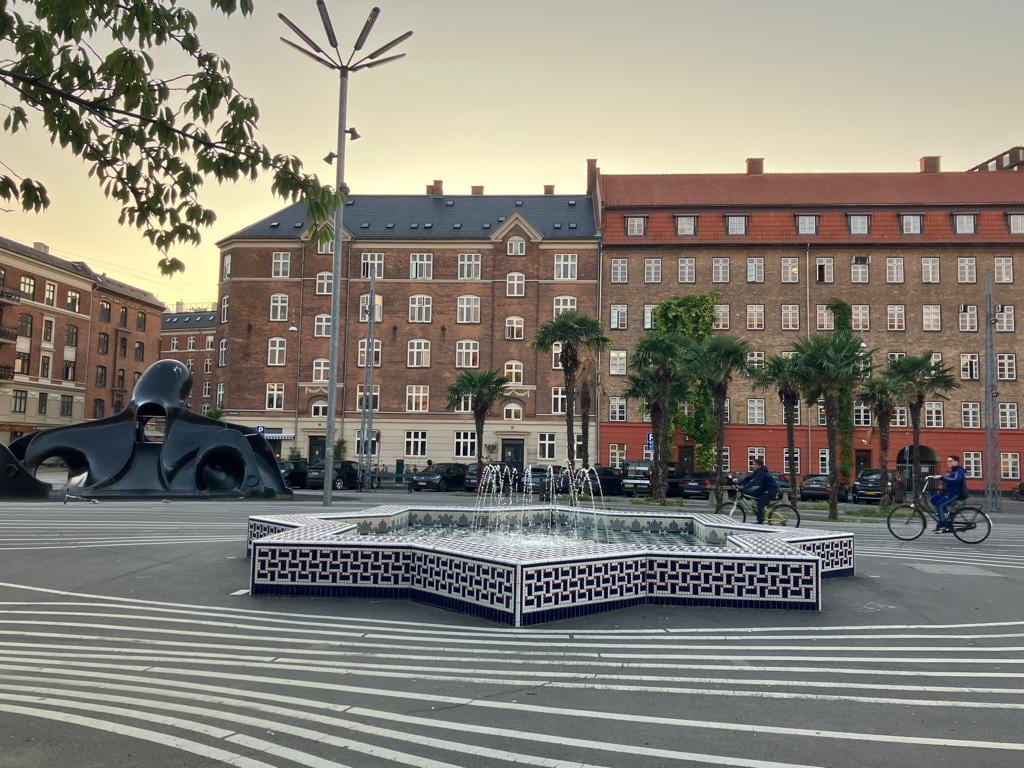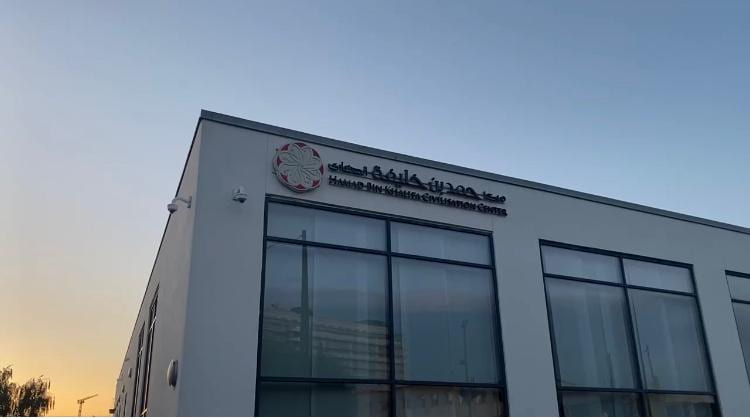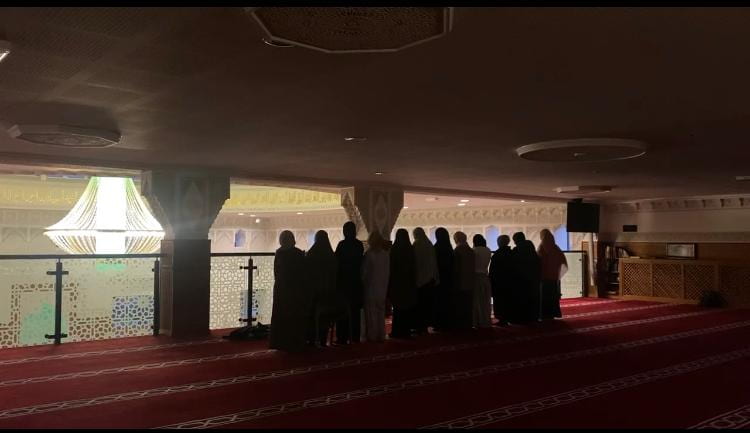Is Copenhagen’s “diverse and inclusive” city supportive of a large community?
Jasmijn Brasser
At the end of July this year, there were Quran burnings happening in Copenhagen. A lot of people witnessed them, including Leyla Bouazzi, a vibrant 22-year-old Muslim woman who was born and raised in Copenhagen. What is it like being a Muslim in Copenhagen, especially after the recent Quran burnings?
Inclusive living era
While entering a tiny Kebab place called “Divan”, Leyla shares “My dad is from Palestine and my mum from Tunisia. My dad came here when he was thirty years old and met my mum here. The religion we grew up with was Islam, so that makes us Muslims.” The last thing she says with a smile. After five minutes, our food arrives. She continues her story and explains how her small community was stereotyped to be dangerous.
“The neighborhood we live in used to be called the ghetto, because of the many ethnicities who live there. But a while ago they renovated Tingbjerg and even Danes are living here now. Over time it became a more inclusive place.”

The black square in Copenhagen. Credits: Jasmijn Brasser
Quran burning
Bouazzi describes the Quran burning she witnessed. “There was a conference, which I attended. The man was not invited and was outside. He was yelling and trying to burn the Quran. I went straight back home and that was also the last time I was there. Of course, you are mad or you want to say something but it is not safe. The police would take you instead of him,” she says angrily.
What makes the Muslims so angry about the burning of the Quran besides the obvious disrespect of the religion? “If they burn old and used Qurans, we don’t mind,” Bouazzi explains. We actually laugh about it, because otherwise, the Mosques have to do it themselves. But they’re burning new books. Secondly: it is just disrespectful because of the things they are yelling while burning it.”

Mosque from the outside. Credits: Alice Kazakov
Future of Muslims in Denmark
The Parliament is proposing a law against the burning of religious books. Bouazzi does not think it will work. “It is like telling a kid to not eat the candy, the kid will still eat the candy.” About the future of Muslims in Copenhagen she says she does not know where it is headed to. “We have to stop being negative towards each other.”
This article is intended for an audience everywhere in the world.

Muslims praying in the Mosque. Credits: Alice Kazakov